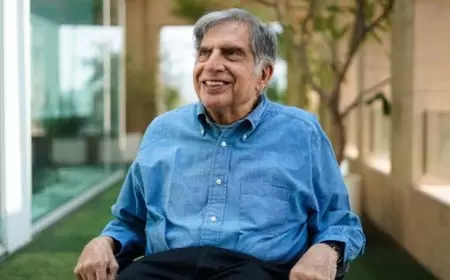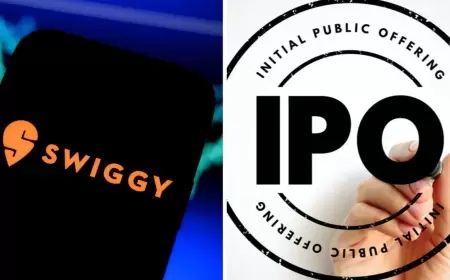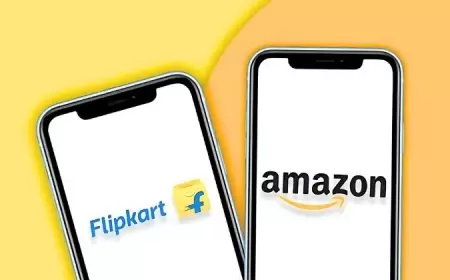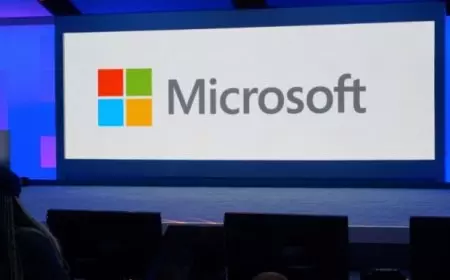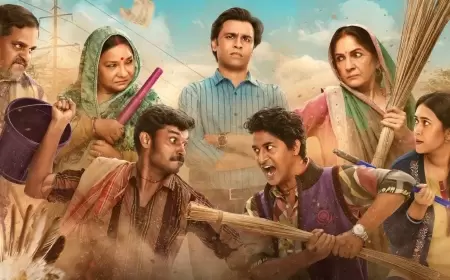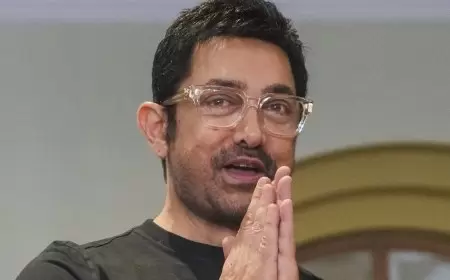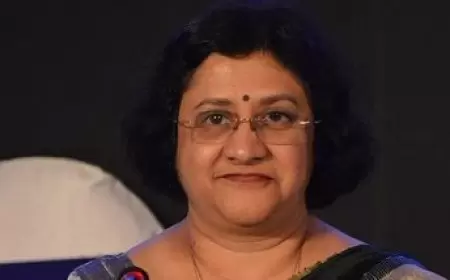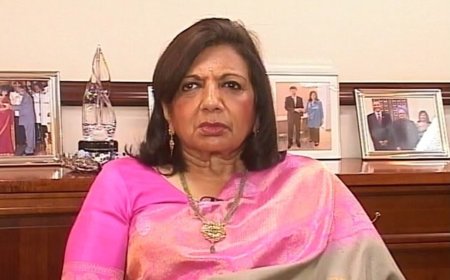From Humble Beginnings to Tech Titan: The Sundar Pichai Story
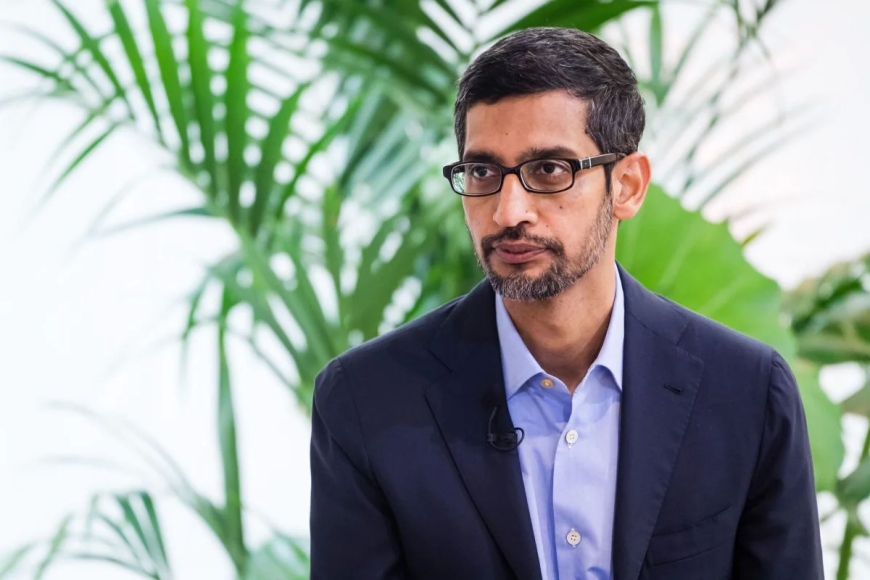
Born on June 10, 1972, as Pichai Sundararajan, Sundar Pichai is the Indian-American chief executive officer of Google and its parent corporation, Alphabet Inc. This incredible story from rampancy to success, complete with persistence, ambition, and a great eye for innovation, led him to become the head of one of the largest technology organizations globally.
Early Life and Education: A Foundation of Hard Work
Sundar Pichai is an Indian CEO who was born in 1972 and is now the head of both Google and its parent company, Alphabet Inc. His remarkable ascent to the top of one of the largest technology companies in the world, which was marked by a high-flying career from poverty, is amazing, as revealed by his determination all through and ambitions alongside great innovativeness. Pichai has two children and is married to Anjali Pichai. Kota, India, is where Anjali originated from. While attending IIT Kharagpur together, they grew close. He likes to play cricket and football for fun. He resides in California's Los Altos Hills.
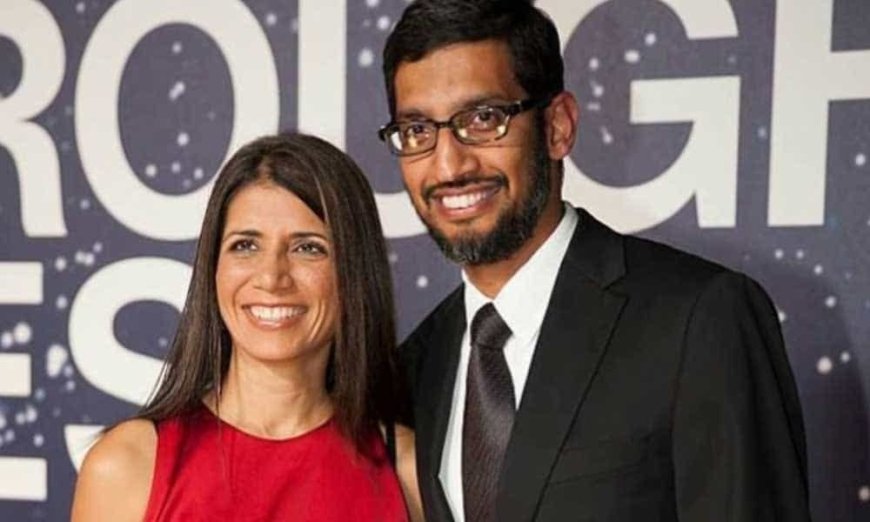
From Materials Science to Silicon Valley
His initial venture into the professional world was in the metallurgical engineering field, while his hunger for learning and interest in technology grew, which made him apply for a Master’s degree program in material science accompanied by semiconductor physics on scholarship at Stanford University. In his professional journey, this transition to the US presented a major turning point.
Pichai entered the corporate world after Stanford, working for Applied Materials, a top semiconductor equipment manufacturer. Despite everything he learned about the technology industry through this experience being valuable to him, he wished to get into engineering, among other professions.
A Well-Rounded Skillset: The McKinsey Years
To close the chasm between engineering and business-mindedness, he enrolled at the Wharton School at Pennsylvania University and got his MBA in 2002. This made him get hired so quickly because not only did he study quantitative subjects but also self-sufficient when it came to working with others. He was hired by an elite global management consulting company, McKinsey & Company, after he had completed his studies. It is here that Pichai trained his analytical and problem-solving abilities more effectively since he worked with a broad clientele base and complex business issues.
The Google Era: From Chrome to CEO
Pichai started as head of product management and development at Google in 2004, and it was the moment that defined both him and the company. At that time, Google was mainly recognized for its search engine, but it was about to grow substantially. Pichai’s entry into the company coincided with an exploration of fresh services and products by Google.
One of Pichai's most significant contributions was to develop and subsequently release Google Chrome in 2008. The web browser was notably fast, and easy to use and could be said to have ended the era of Internet Explorer as the master of the web browser market by introducing a revolution in web browsing. The Google team recognized this project as one that showcased his leadership qualities.
His success with Chrome caused him to take on larger, more sprawling duties that consisted of examining the creation of various other significant Google programs like Gmail as well as Google Drive. On the path to continued progress and dominance of Google, he [Pichai] ensured that he comprehensively understood what users wanted and turned intricate technological ideas into user-friendly products.
The Rise to the Top: Leading Google and Alphabet
The substantial restructuring that Google underwent in 2015 came out of the fact that the company began to offer so many more products and its influence increased. It led to the creation of Alphabet Inc., which has its subsidiary, Google. Sundar Pichai was named Google’s CEO, indicating that he was able to direct and visualize its future.
In 2019, Google’s CEO Sundar Pichai made one more stride in his push to the summit after being handed a similar role at Alphabet Inc. This executive post saw him take command of a technology giant that did not just transform search but was now also involved in things like unmanned vehicles, cryptocurrencies, and biotechnology.
Sundar Pichai's Legacy: A Global Tech Leader
From a middle-class background in India, Sundar Pichai was the CEO of Alphabet and Google. His journey shows that one of the strongest influences in life is being educated, perseverant, adaptable, and willing to learn different things. Since he is still controlling the two enterprises, we can say that how we find information, utilize technology, or even go through our online lives, has been marked by Pichai.
Navigating Challenges: The Pichai Era
"Facing myriad hurdles since he took over, Pichai has had to deal with Google being probed for data privacy matters, antitrust fears, and misinformation being spread through it. The way Pichai has managed these intricacies is by championing the ethical use of artificial intelligence and being accountable for technological advancements. Moreover, he has consistently underscored the need for diversity and collaboration among tech experts worldwide to ensure growth across the board.
Beyond Business: A Focus on Social Impact
Even as Pichai has been leading the Google-Alphabet duo, he has been very good at taking care of social impact initiatives. For instance, one of these programs promotes access to Internet services, particularly among underserved populations across various countries worldwide. Moreover, he has funded educational programs to prepare upcoming generations for success amidst technological changes.
Looking Ahead: Shaping the Future
Sundar Pichai is still writing his own story. What will unfold will determine what direction technology takes in the coming years under the leadership of both Google and Alphabet, which are companies that he leads. For our children, their children, and those that come after them, the way he leads us towards innovative thinking where responsible concerns enhance better lives is critical.
What's Your Reaction?












